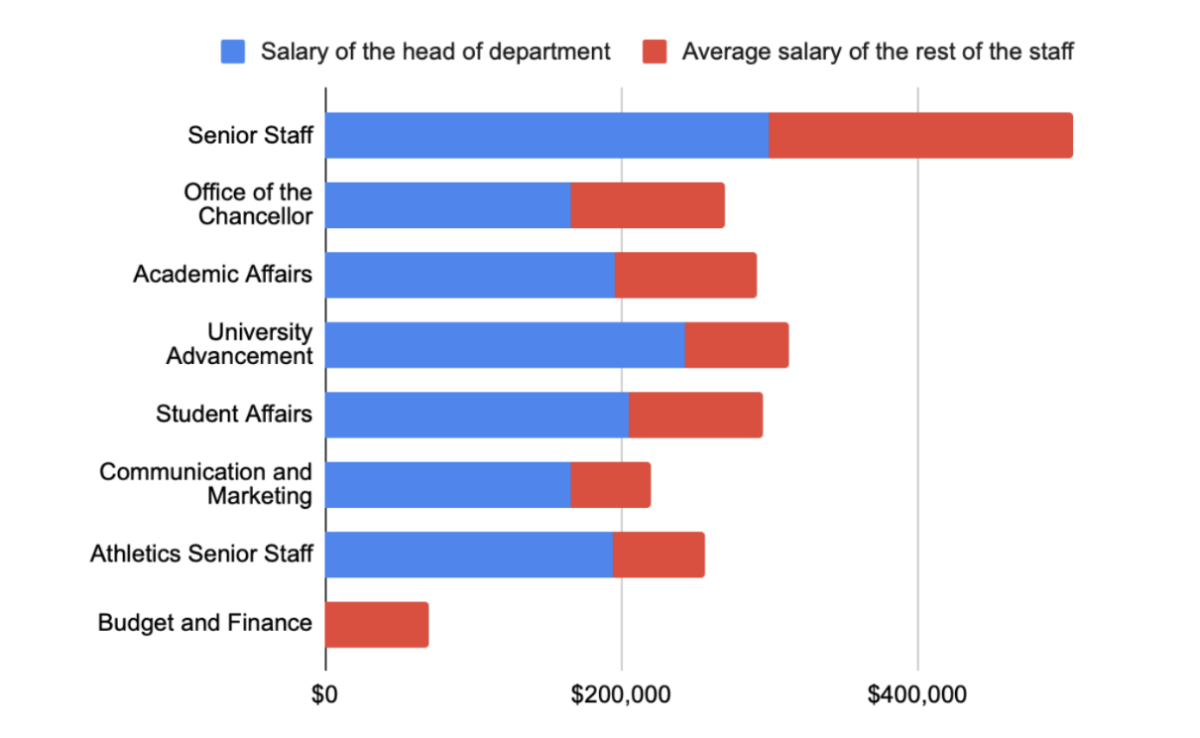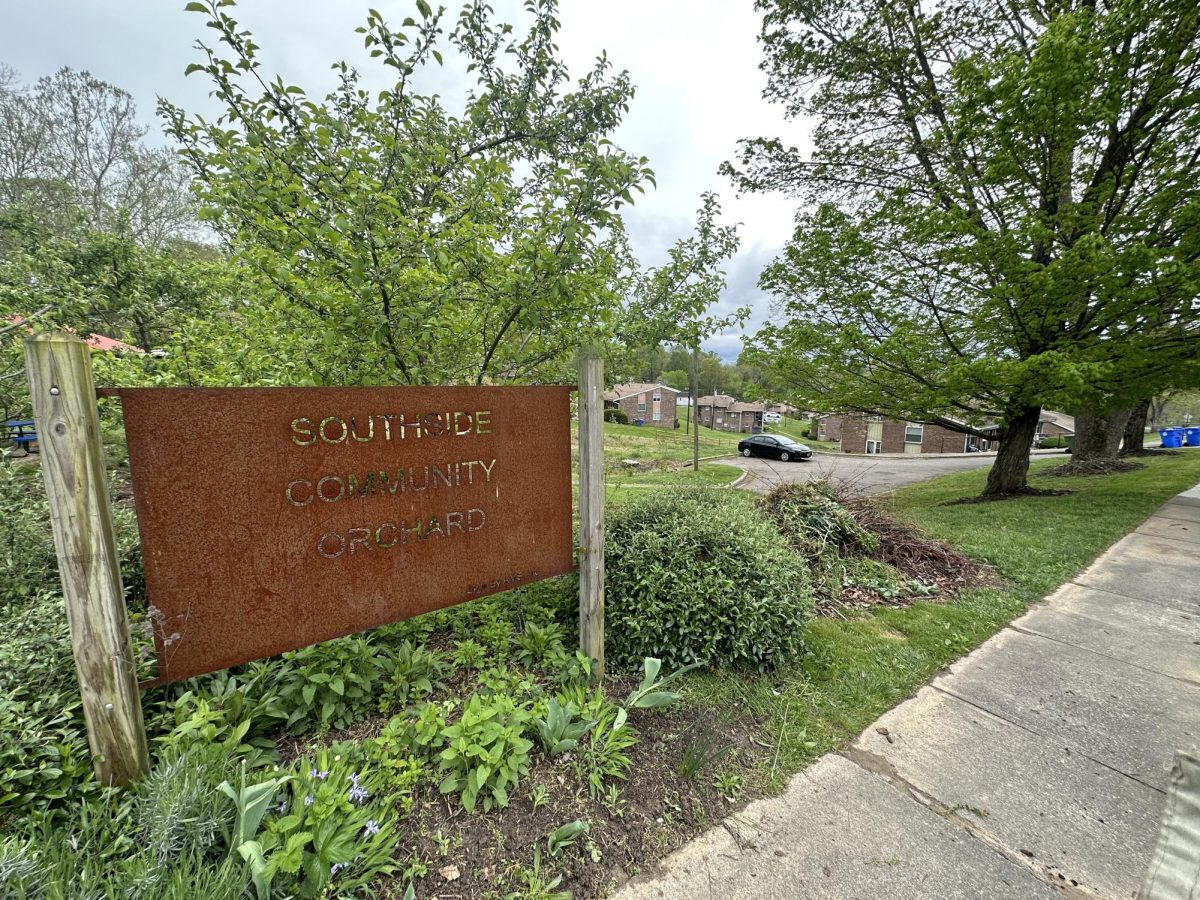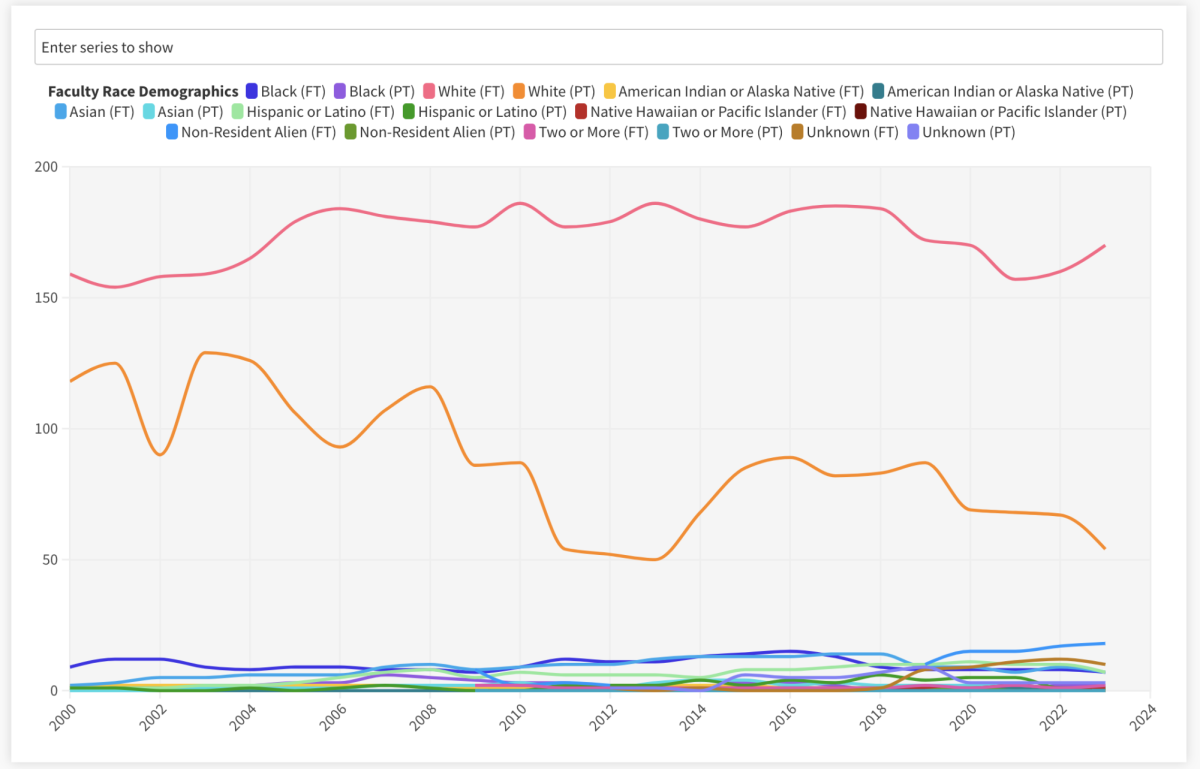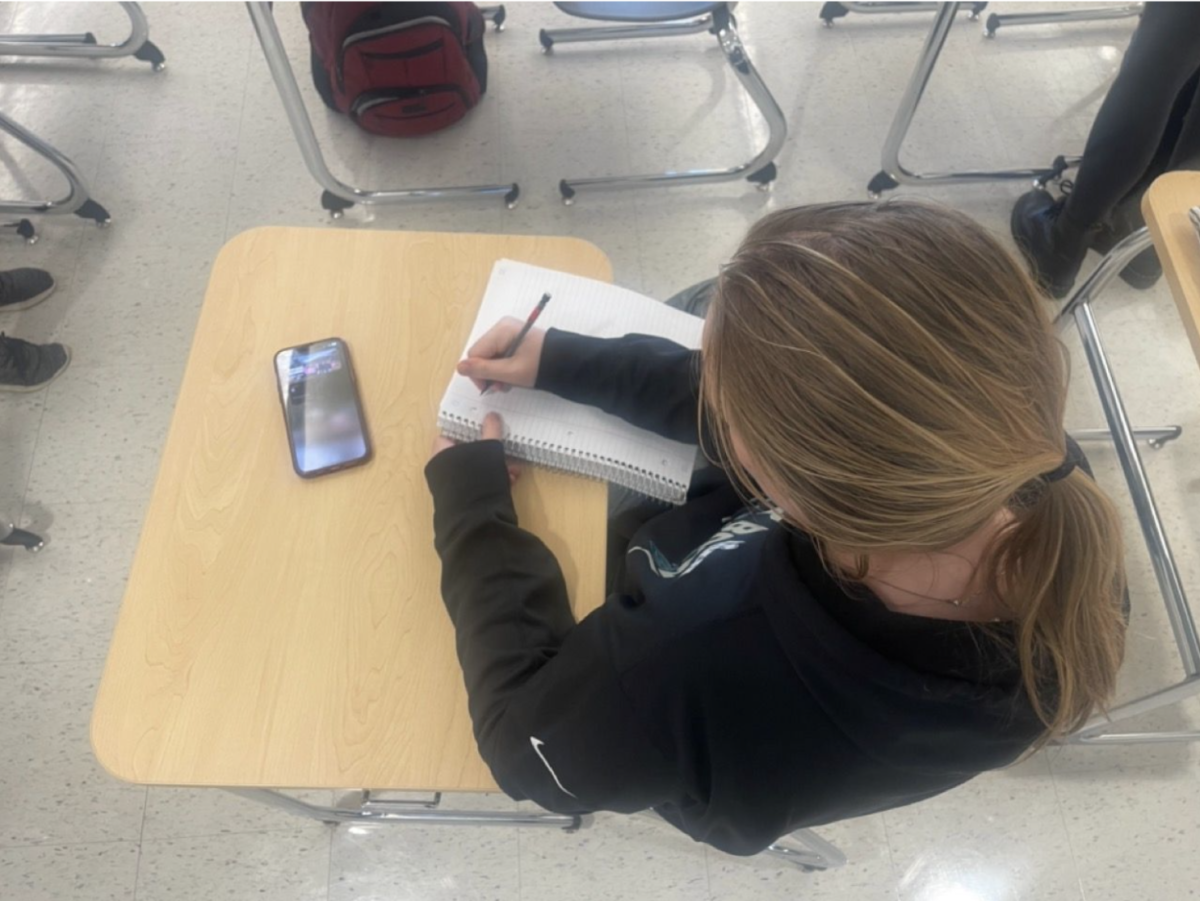By Carson Wall
[email protected]
August 26, 2015
The Republican primary debate that occurred Aug. 6 served three primary purposes. First, it began the process that the debates serve, in which potential candidates are asked a variety of questions ranging from policy to personal background. In most cases, they are required to answer these questions and a deeper side to the candidate’s ideology is seen, which allows a richer understanding by the public. Second, the debate also served as a reminder that, in a way, both the primary and presidential races can be compared to a popularity contest. A contest in which the biggest ego or bold presence is most well-liked, with some amusing results recently in the form of businessman Donald Trump. However, the debate existed for the final purpose of reaffirming why debating and the viewing of debates is important no matter one’s personal opinion.
I am fairly liberal, specifically on social issues such as abortion, because I am pro-choice. Due to my viewpoints, there is contention between myself and the Republican Party due to our conflicting beliefs. That being said, I watched the first primary debate knowing there would be points in time that I would be shaking my head at the screen in dissent. Personally, I abide by my father’s teaching that you have to consider and listen to both sides, even though I do not agree with that ideology. Without listening to both sides, you are not fully informed and there is insight that can be found in any situation.
A record number of people for any primary debate in history tuned in to watch the GOP debate and it is likely that at least some assumed that the event would be a circus with a rich ringleader in the spotlight. Honestly, I expected the same in some respects considering the unorthodox procedures used by Trump so far. That being said, I found the debate to be good and enjoyable. Yes, some of the heated moments were interesting and the talking points well delivered, yet I had more respect for the responses that occurred when the candidates were asked a personal question. One example is “Jeb” Bush and his stance on ISIS, considering the impact his family had on the region in which the group resides. His speech was halted in his response and it was not the best response he could have given. To his credit, that is one of the weakest points in his campaign. It was a good question the moderators asked, as it was relevant to the people of the United States and the candidate himself. The reason I preferred those types of questions to a yelling match between Kentucky Senator Rand Paul and New Jersey Governor Chris Christie over the National Security Administration’s reach of power is because it reaches a point that you cannot hear either one of the candidates.
There is also a level of precise unpredictability when one candidate answers a question nearly designed for them. In a sense, the Trump version was of a possible third-party run and his sexist comments. Some statements in the debate were better than others, some fell flat, and some did not even answer the question. Yet in consideration for the context of the responses, that is a situation where talking points and highlight-reel-worthy zingers are highly scripted, and there is a level of impromptu thinking we should all have that occurs when candidates are asked questioned on varying topics. This level of quick thinking and critical construction of a statement that has to be delivered within a short period of time, only a minute within the debate rules, is quite impressive.
The factor of motives must be taken into account, because not only did the candidates have to formulate a response in a small window of time, but they also had to speak knowing that it could and likely would reflect upon their candidacy. The men on stage were trying to communicate platform points and convince voters that they were the best candidate out of the other nine on stage, at the same time rebuffing arguments from their opponents. Everyone, no matter their ideology, can and should learn from the behavior presented by the public speakers on stage. Absolute imitation is not necessary, however watching impromptu conversations that occur in debates can be beneficial. Debates should be valued as they give the opportunity to see a politician and a person in a context where anything goes, unless you violate a rule such as running over time or interrupting the moderator.
These scenarios are important because they promote critical analysis for what is being asked, the swift forming of understandable responses, and the ability to listen closely enough to be able to refute an opponent. While the Republican debate might not have been the best example of these qualities, as there are plenty of high school and college debate teams who could likely do better, it was highly available to the general public. Not only did this debate show itself to be the place to learn more about the candidates and see how they did when in the same room together, but it was a popular event where critical thinking and public speaking were prevalent.
A part of higher education, especially at UNC Asheville, is learning and practicing focused, critical analysis and the creation of well reasoned arguments in response. These skills are also highly valued internationally, as it shows the ability to reflect on given information and be able to state a personal opinion connected to that topic. Not only do debates show different physical behaviors, such as speaking styles or hand motions, they are representative of mental processes that would be beneficial to everyone. Learning to quickly process and reply to a topic, particularly a policy or academic one in nature is not always the best choice, however it is relieving to be able to do so when having an in-class discussion, or when an interview goes in a direction that was not expected.
All in all, I enjoyed the debate as it was well-moderated and there were good amounts of information about the candidates, with some of whom I was not familiar. The moderators controlled the venue well, targeting specific weak points for the Republican nominee candidates. There was good debate on policy points and critiques on the current administration, with some parts swinging far right to please the extremes of the party, a move crucial for success in the primary. I will likely watch the Democratic debate as well and enjoy it more, considering there will be more in-depth questions due to fewer candidates in comparison to the current GOP field. Either type of debate is fine and can be favored by different individuals, but the creation of impromptu organized thought in the face of a live audience and limited timeline is a skill that should be practiced by all — not only for college, but for life.
The Debate on Debates: What’s the Point?
August 31, 2015



















